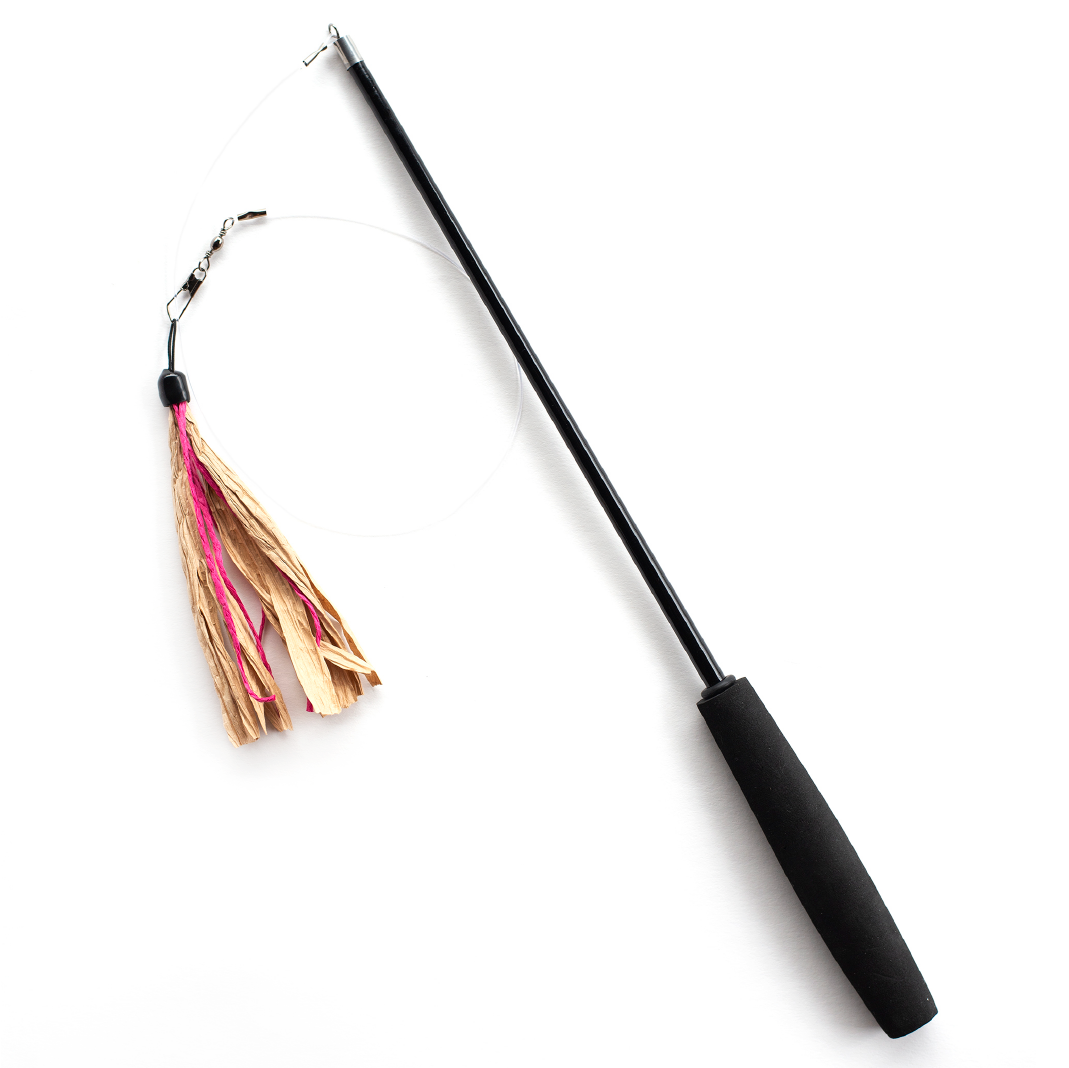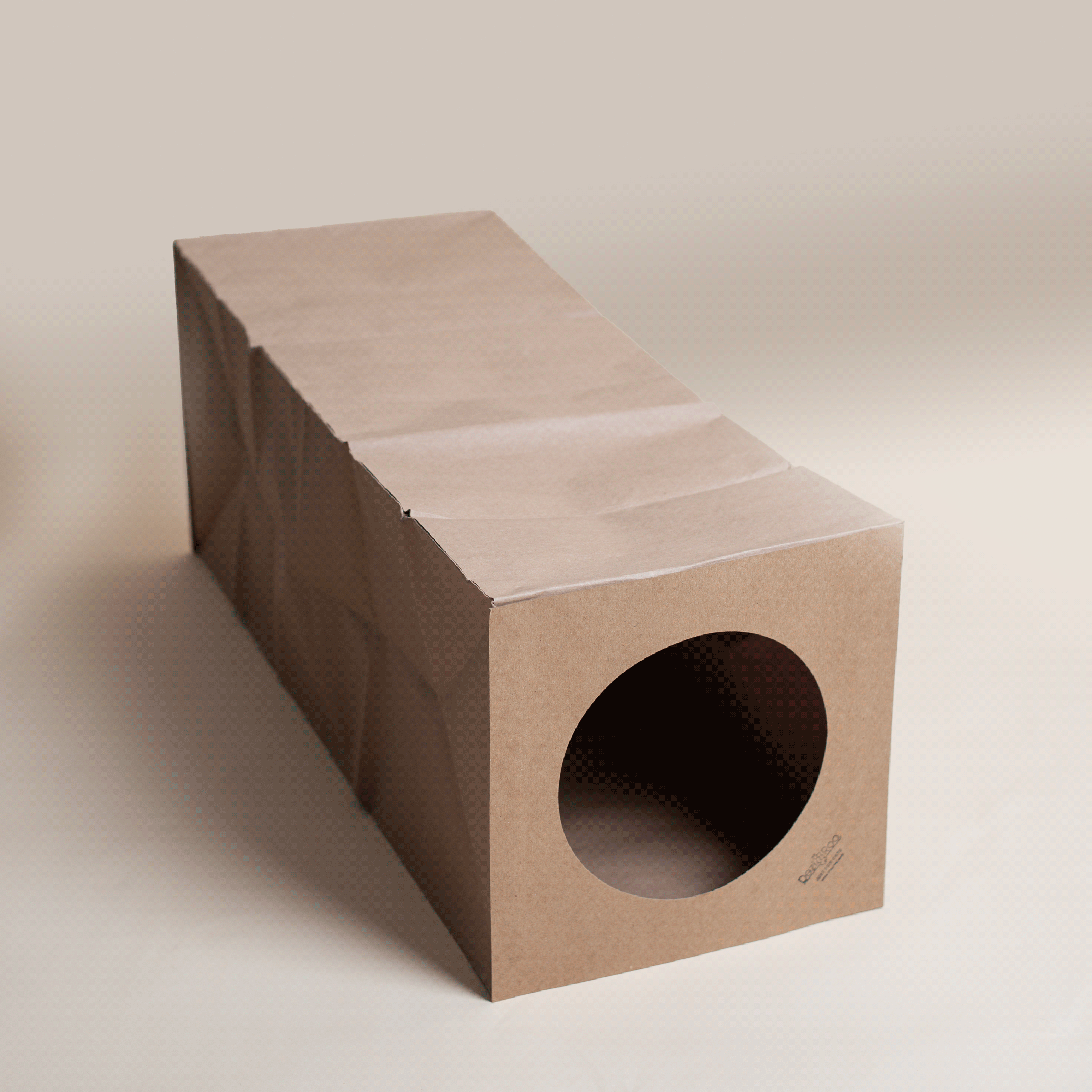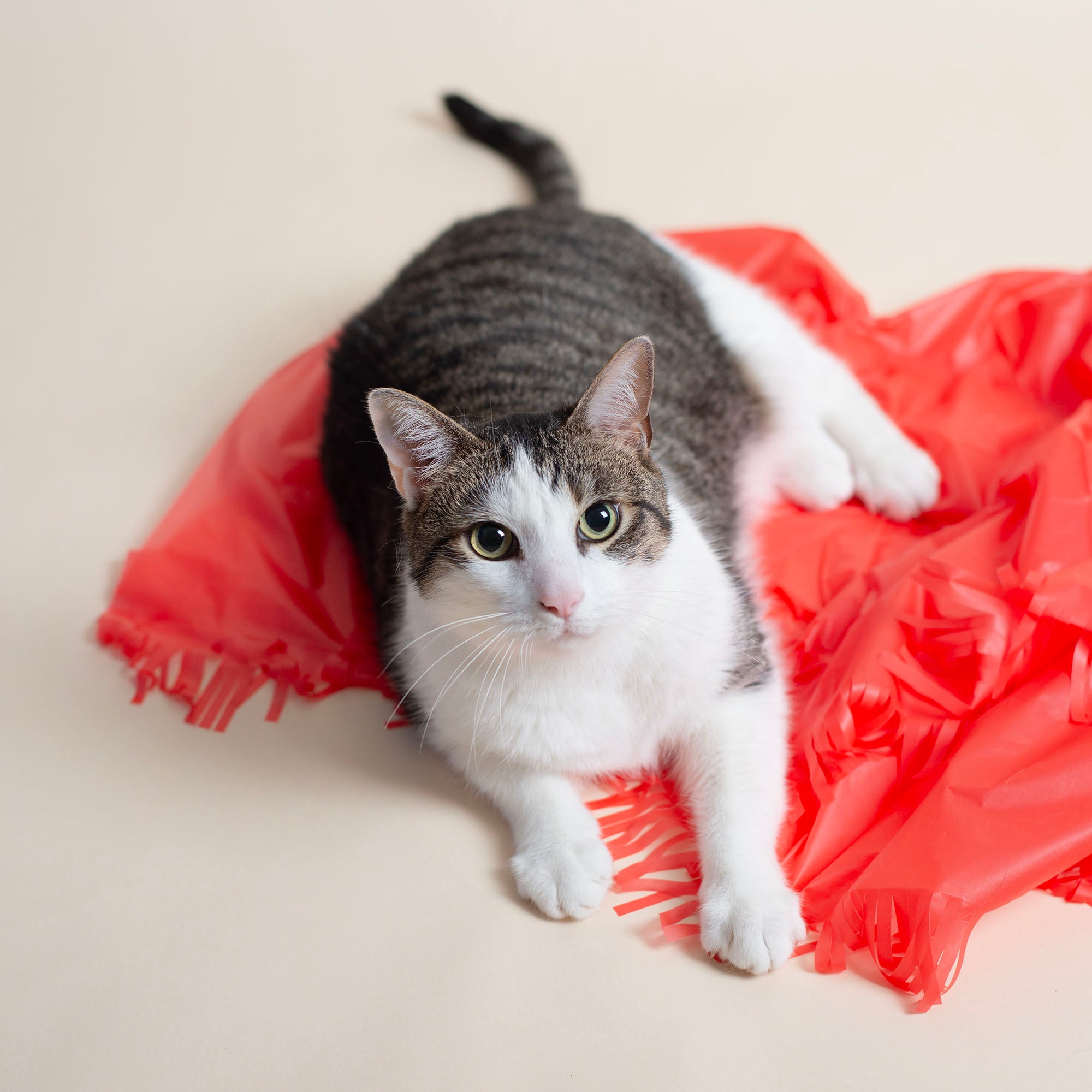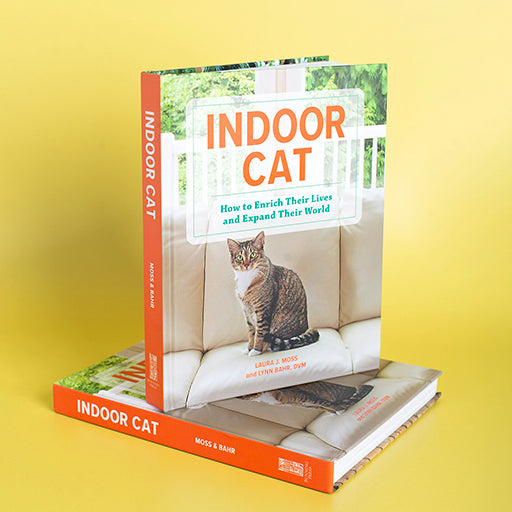Should You Take Your Cat to the Vet Every Year?
August 22 is Take Your Cat to the Vet Day, and in its honor, we’re giving you some helpful info and tips to maximize your visit. Even if your cat lives strictly indoors and is in good health, there are still many good reasons to take them to the veterinarian annually. Kitties age quickly, with an average lifespan of under 20 years, and just like humans, they need preventative and therapeutic medical care throughout their lifetime. In a short period of time cats go from infancy to adulthood, then on to being mature and finally geriatric. Throughout that time they undergo changes both mentally and physically, and receiving proper veterinary care not only helps keep them living longer, it also helps them live happier lives as well.
Because of their short lifespan, I have witnessed entire lives of many of my feline patients who I first saw as kittens and then helped them transition peacefully over the rainbow bridge. My kitten talks with owners are vastly different from the things we talk about as their cat reaches puberty or enters old age. Our discussions on health, wellness, and behavior all center on their individual lifestyle and on each owner’s philosophy as a pet parent. Young cats play with toys like our Hide and Sneak much differently than older cats do. The young ones prefer to jump on it and destroy it, while older cats like to sleep in it. How cats play as they age differs as does the types of toys they like to play with. As we live more closely with our cats and become more attached to them, I find it even more important to develop a team approach to helping raise them properly. This means paying attention to not only their physical health but also to what they need for maintaining mental health too.
My cat lives indoors. Why do I need to take him the vet every year?

What should I ask my Veterinarian?
In honor of Take Your Cat the Vet Day, we would like to encourage you to not only have your cat seen by a veterinarian but to also discuss best practices for their particular stage of life. Here are some questions that can help you get the conversation started:
- What is the best diet for my cat now that he is __ years old?
- What are the best toys for my cat now that he is __ years old?
- What is the best way for me to keep my cat active now that she is __ years old?
- How do I keep my cat from getting bored now that he is __ years old?
- Cats play differently as they age. Ask what is appropriate now that your cat is __ years old and how often your cat needs to play?
- What is the best way for me to mentally stimulate my cat now that she is __ years of age?
- Litterbox size and location may need adjusting according to a cat’s weight and age. Ask for recommendations on the best one for your cat.
- Arthritic changes are common and this should be discussed with respect to activity, exercise, and whether there are any special accommodations your cat needs.
- What are some ways you can implement a foraging routine for your indoor cat given his age and diet?
- How can you use scent as an enrichment tool for your cat that is __ years of age?
- Ask to be instructed on proper nail care which is different for every cat and changes as they age.
- Discuss any changes in behavior or relationships with any members of the family, both two and four-legged.
- If your cat has been diagnosed with an “itis” like pancreatitis, cystitis, stomatitis, or similar conditions make sure to discuss environmental enrichment as part of the treatment plan.
- Let your vet know if your cat no longer plays, sleeps more, or is inactive. Discuss whether it is a physical problem, depression or boredom. Age is not a disease and your veterinarian needs to know if your cat is slowing down so that they can recommend ways to help them become more active and stimulated mentally and physically.
- Ask about your cat’s vision and what changes to look for as she ages.
- Discuss any necessary structural changes like ramps or stairs that are recommended in your home to better accommodate your cat at this particular stage in its life.
- Let your veterinarian know if your cat is more vocal or howls at night. This could indicate a medical problem
- If your cat is eating more or always hungry advise your veterinarian of this change
How can I keep my cat happy and healthy all year long?
Ensuring that your cat’s needs are met both mentally and physically requires a team approach and we hope you will take this opportunity to see that your cat is seen by your veterinarian at least once a year. Utilizing your veterinarian and their team of professionals will help you become a better pet parent; it’s the least we can do to make sure our most precious feline friends are happy, healthy and living the best life they can. We are committed to helping you keep your cat active, entertained, and enriched with products that stimulate both mind and body. Visit our store to find the best ones for your special kitty!
So tell us, will you be making a veterinary appointment for your indoor cat soon?
Share:
9 comments
-
My sister and I are sharing an apartment and planning to get a cat together this year, and we’re trying to figure out what the estimated vet and general costs would be. We don’t want to take a cat to the vet every year, but you make good points about learning best practices for where my cat is in their current stage, especially if we get a kitten. We want to be as educated as possible about keeping our cat healthy, and diet and exercise knowledge is important if we want to avoid making a chubby kitty, so I’ll talk to my sister about finding a regular vet to visit.
https://www.morphettvillevetclinic.com.au/Rhianna Hawk on
-
I take my cats to the vet every year. They’re pretty young now, (4 & 7) and I know visits will get more involved as they get older, but I <3 my vet and I <3 my two kitties even more.
Emily Sullivan on
-
Very good article. My “kitties” are now ages 6, 5 and 5. Our next vet visit will include some of the questions you’ve suggested!!
SHEILA MCDONALD on











